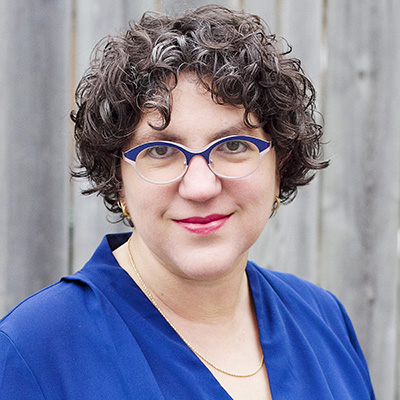Occupation
Supervisor, Energy Business Partnerships at Independent Electricity System Operator (IESO)
What was your career path after graduation?
After graduation, I participated in an international internship doing environmental science and conservation research in the field. I went on to work in the non-profit sector with a focus on pollution prevention. After that, I began work in the innovative niche of greening healthcare, helping hospitals to operate in a more environmentally sustainable manner by embedding sustainability into healthcare decision making.
Between 2007 and 2015, I coordinated the implementation of energy and environment programs at the University Health Network in Toronto, at the same time I joined the board of the Canadian Coalition for Green Healthcare and held the Chair position for 6 years. I continued working in sustainability leadership in Charlotte, North Carolina at Atrium Health, where I worked from 2015-2018.
Currently, I lead the Energy Business Partnerships team at the Independent Electricity System Operator (IESO). The IESO delivers key services across the electricity sector for the province of Ontario. I focus on energy efficiency and behaviour change ensuring that energy management is part of the business equation for large complex organization in the institutional and commercial sectors.
How did the Environment program influence your career?
My Environmental Science degree helped me understand systems thinking where we learned how to value the whole in addition to the component parts. Knowledge from nature and ecosystems, and concepts from sustainability connect the natural environment and the built environment so a clear big picture can emerge. This guides me to seek out different values and opinions on complicated and controversial topics.
How and why did you choose this career?
After graduation, I initially wanted to work in natural science and resource conservation, but I was not able to find any opportunities in that area. Instead I focused on the corporate sustainability side of my interests and passions. Consumer-based organizations, like companies and hospitals, require a lot of work to ensure the appropriate management and monitoring of their environmental impacts. Within this niche, I tackled the impacts of environmental pollution on air, water, and land which directly influences human health. I’ve learned that to truly effect change it’s essential to embed sustainability decision-making into core of businesses.
What types of experience are essential?
I think volunteer opportunities during university definitely have a positive impact on a student’s professional experience and career prospects. I encourage students to volunteer with as many organizations as possible to get exposure to multiple areas and topics. Try to challenge your boundaries and limits, and explore things that do not come to you naturally. Network and meet new people, and try to find a mentor. Another good suggestion for students is to document and reflect on the things that you have improved on or are trying to improve. Through this method, you can learn what your strengths and weaknesses are, so you can work smarter not harder. The environmental sector is fast-paced. You have to be confident and sure about yourself. Gaining experience through volunteer work and internships is invaluable.



